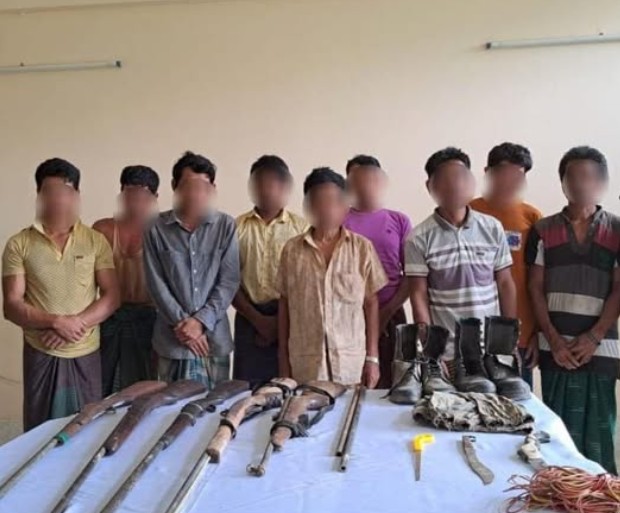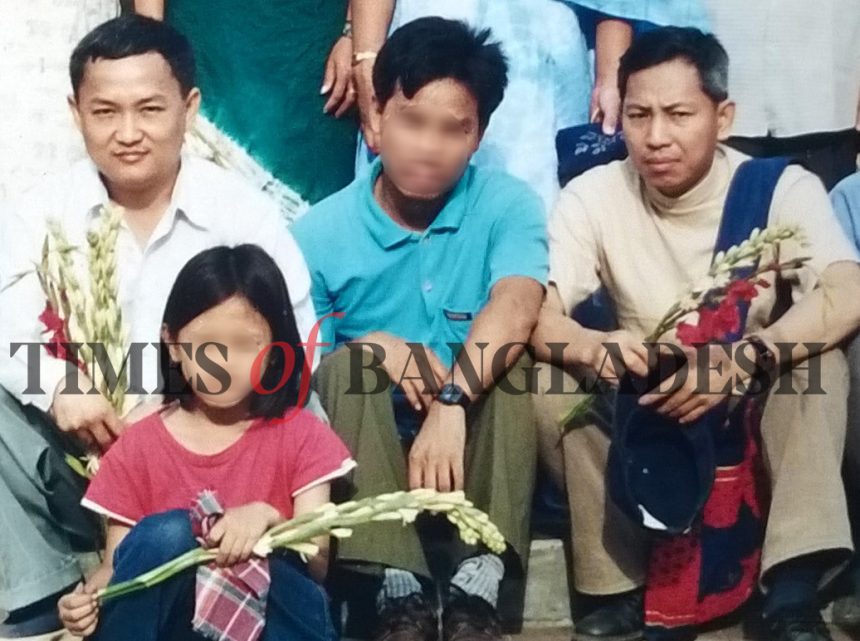The Bangladesh Army has launched operations against United People’s Democratic Front (UPDF), a regional political group operating in the Chittagong Hill Tracts (CHT), marking a rare publicly announced military campaign in the area.
The operation began at around 4am on Tuesday in the remote hill areas of Rangamati, the Inter-Services Public Relations (ISPR) said in a brief statement. Signed by ISPR Assistant Director Rashadul Alam Khan, the release did not elaborate on the scope or objectives of the operation.
This marks the first time in recent years that the military has formally declared an operation targeting any of the regional groups in the CHT, according to regional sources.
The announcement comes just days after the army detained nine suspected armed extortionists in Bandarban’s Tongbati union on June 20.
The suspects were reportedly acting on behalf of an unnamed armed group. Recovered items included four local handmade single-barrel guns, a semi-automatic rifle, blades, and an Android tablet allegedly used for extortion.
The detainees — identified as residents of various indigenous communities including Chakma and Tripura — were allegedly collecting money from locals on behalf of a banned militarised outfit, the ISPR said at the time.

Bangladesh Army has urged locals not to pay extortion money to any armed groups and to report such incidents directly to nearby army zones.
At least five armed regional factions remain active in the Hill Tracts: the original UPDF (Prasit group), UPDF (Reformist), JSS (Santu Larma), JSS (Reformist), and the Kuki-Chin National Front (KNF) led by Nathan Bom.
While the JSS under Santu Larma is known as a signatory to the 1997 Peace Accord, the UPDF has consistently opposed the agreement. The KNF, meanwhile, seeks to establish a so-called independent Kuki state spanning parts of Bandarban and India’s Mizoram.
In recent years, these groups have engaged in violent internal conflict, resulting in numerous casualties. Though the KNF was banned last year, it continued to operate openly on social media and was accused of providing training to Islamist militants.
Additionally, in April 2024, the KNF was involved in a bank robbery in Bandarban’s Ruma upazila, prompting a joint security operation where many of its guerrilla fighters reportedly fled across the border into India.


